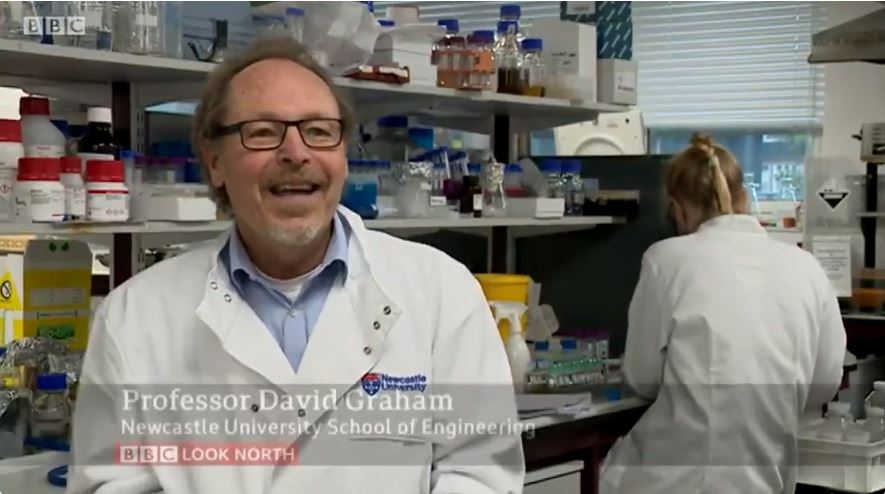We are one of the teams on the new £1m research programme seeking to establish an early warning of future outbreaks and reduce reliance on costly testing of large populations. The research programme led by the UK Centre for Ecology & Hydrology (UKCEH), also involves researchers from the universities of Bangor, Bath, Edinburgh, Cranfield, Lancaster, Oxford and Sheffield, plus the London School of Hygiene and Tropical Medicine. Read the news releases from Newcastle University and UKCEH. This work is an extension to our UK and Spanish SARS-CoV-2 Project.
Also see:
- BBC | News | Science & Environment Coronavirus: Testing sewage an ‘easy win’ – nice article, but we did not develop the original method for SARS-CoV-2. We have improved on the previous method to make it more exact and make it more possible to approximate the human population from which it came.
- BBC | World Service | listen from 17:56
- BBC | Radio Newcastle | listen from 3:46:13

